The health of the gut and the health of the skin are linked. By maintaining a healthy gut and by using probiotics, either orally or topically, you can have fantastic skin.
The gut is related to almost every system in our bodies, but the most surprising of these is the skin. Ever eat a greasy takeaway and then break out in spots the next morning? That’s because the skin and the gut are linked. The skin is a reflection of our lifestyle, which includes how we eat. In order to maintain healthy skin, we have to maintain a healthy diet. Below, we’ll outline how the skin and the gut are connected and how to improve your skin!
There is clear, scientific evidence that there is an association between gut problems and skin disorders. In a recent report, it was indicated that small intestine bacterial overgrowth (SIBO), a condition involving inappropriate growth of bacteria in the small intestine, is 10 times more prevalent in people with acne rosacea than in healthy controls, and that correction of SIBO in these individuals led to marked clinical improvement (1). 14% of patients with ulcerative colitis and 24% of patients with Crohn’s disease have skin manifestations. Celiac disease also has cutaneous manifestations, such as dermatitis herpetiformis, which occurs in 1/4 of celiac sufferers. Celiacs also have increased frequency of oral mucosal lesions, alopecia and vitiligo (2).
The way that the gut lets compounds enter the body, intestinal permeability, can cause both systemic and localized inflammation contributing to skin disease. This process is related to an imbalance gut. You’ve likely heard of leaky gut syndrome, but what about leaky skin? The main function of the skin is to act as a physical, chemical and antimicrobial defense system. However, studies have shown that both stress and gut inflammation can impair the integrity and protective function of the skin.This impairment can lead to an increase in the severity of infection and inflammation in the skin (3).
The gut microbes also influence the skin. Substance P is a neuropeptide produced in the gut, brain and skin that plays a major role in skin conditions. An imbalanced gut microbiome promotes the release of substance P in both the gut and the skin, and probiotics can attenuate this response (4)
Evidence is suggesting a connection between the gut and skin is the observation that probiotics improve skin conditions. Oral probiotics have been shown to decrease the gut permeability, improving the intestinal barrier function and reducing inflammation. Oral and topical probiotics reduce systemic markers of inflammation and oxidative stress, both of which are elevated locally in those with acne (5). Probiotics can decrease the production of pro-inflammatory cytokines within the skin, improving skin conditions.
Reference

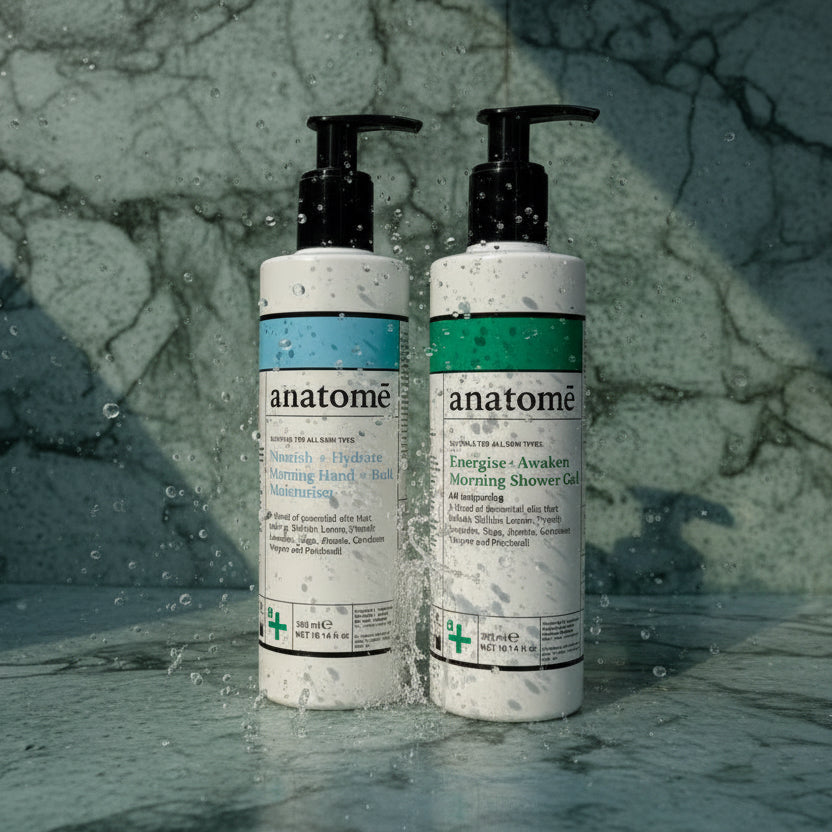


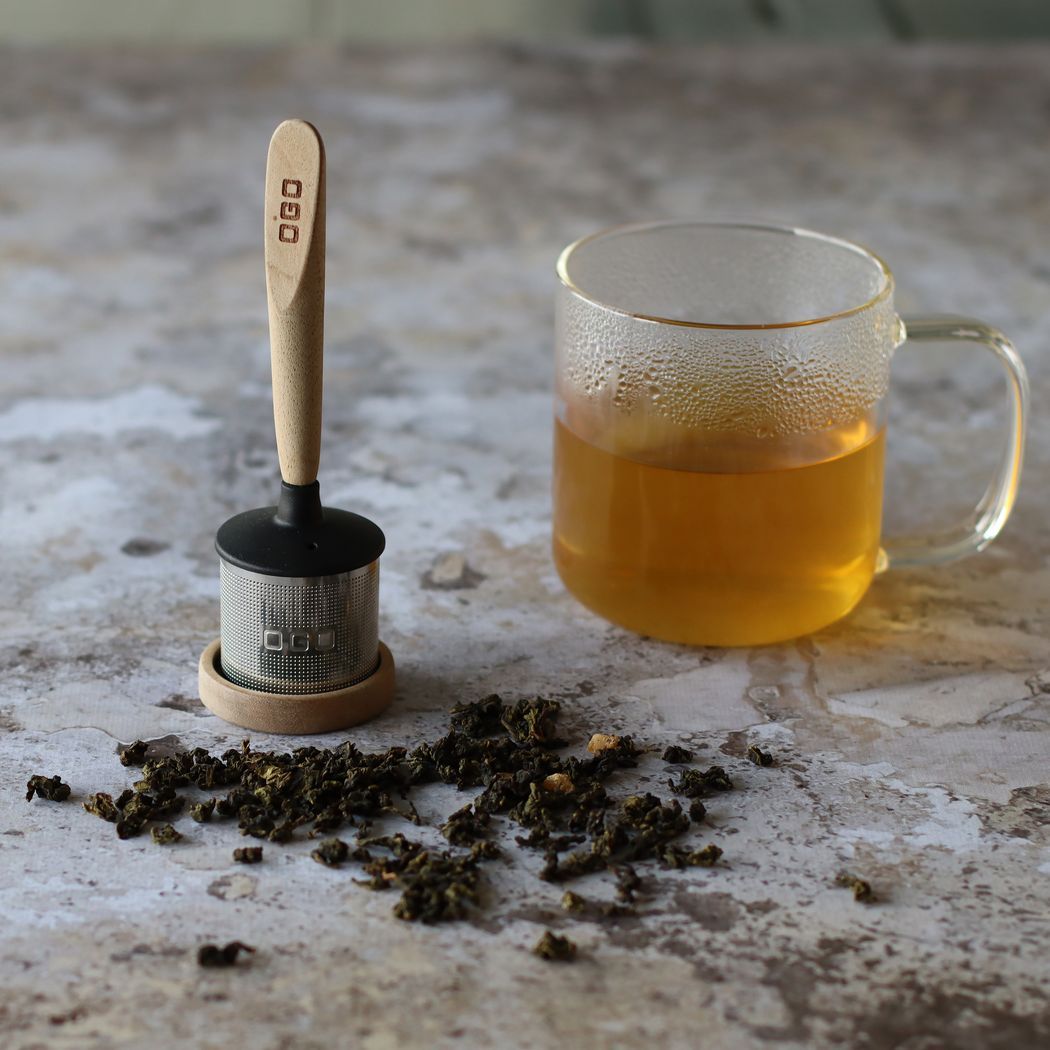


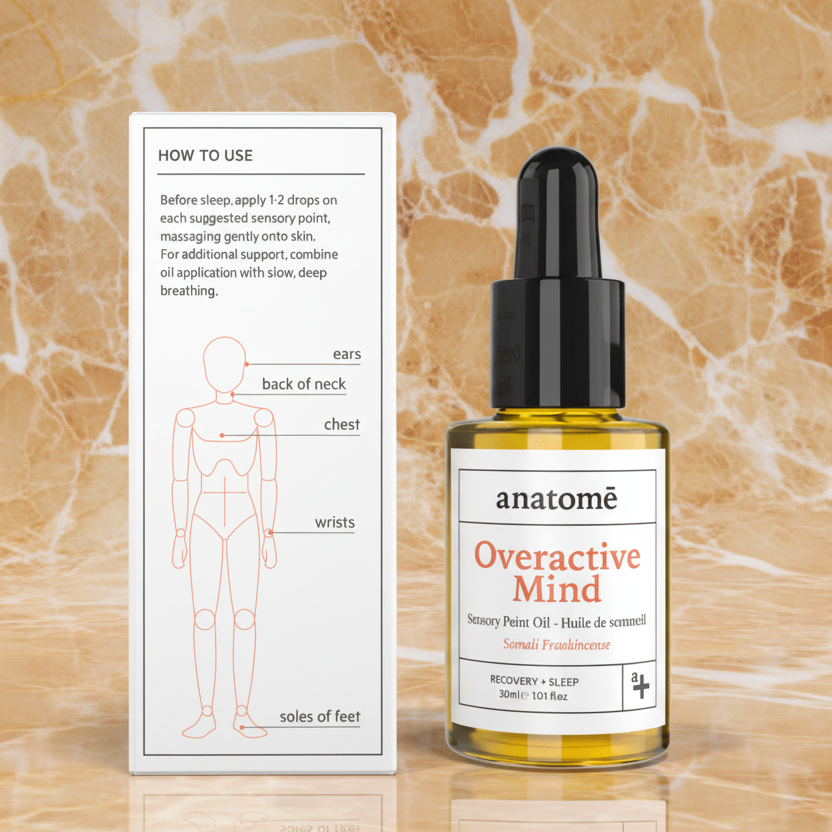

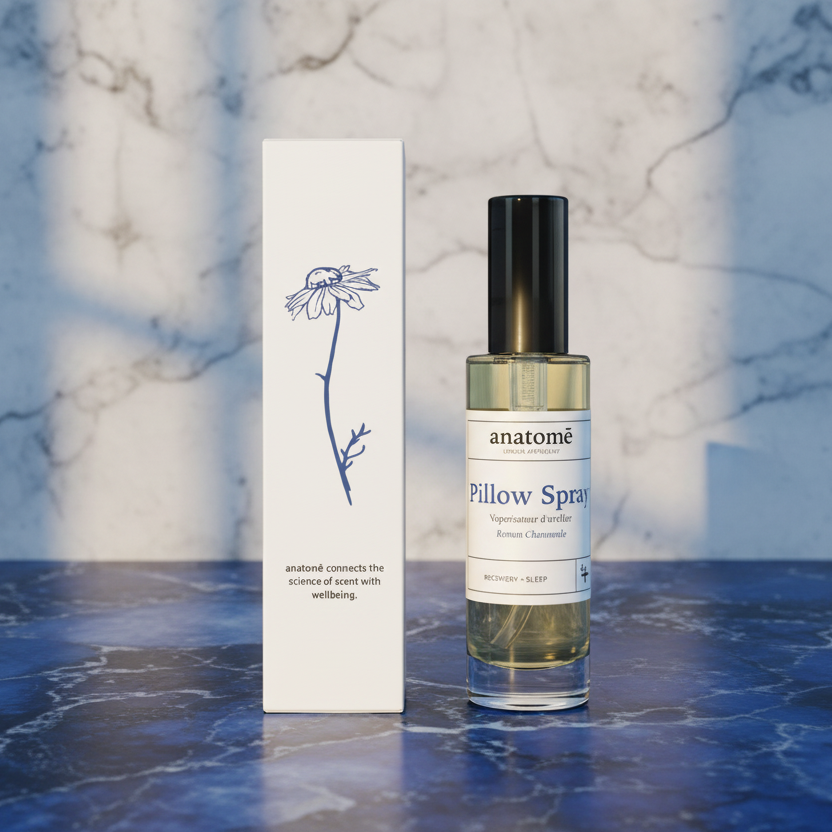


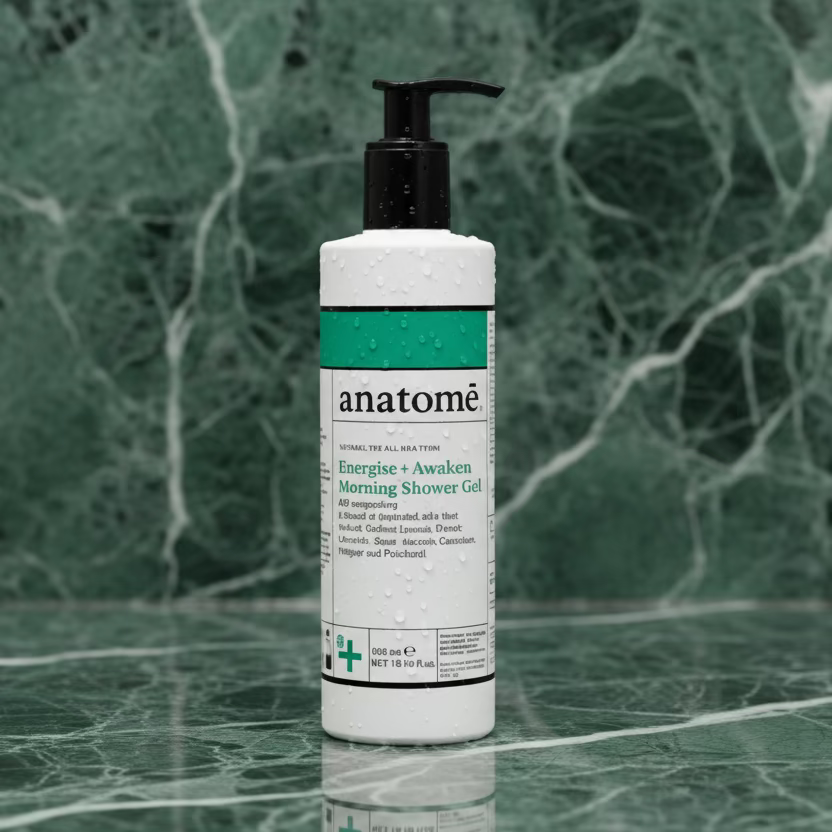

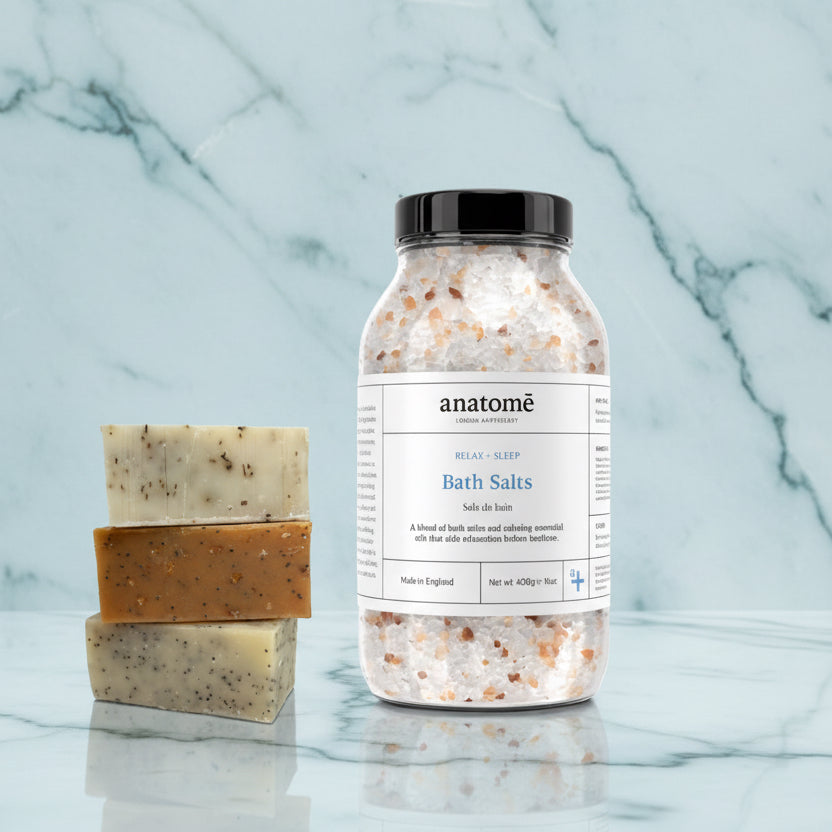
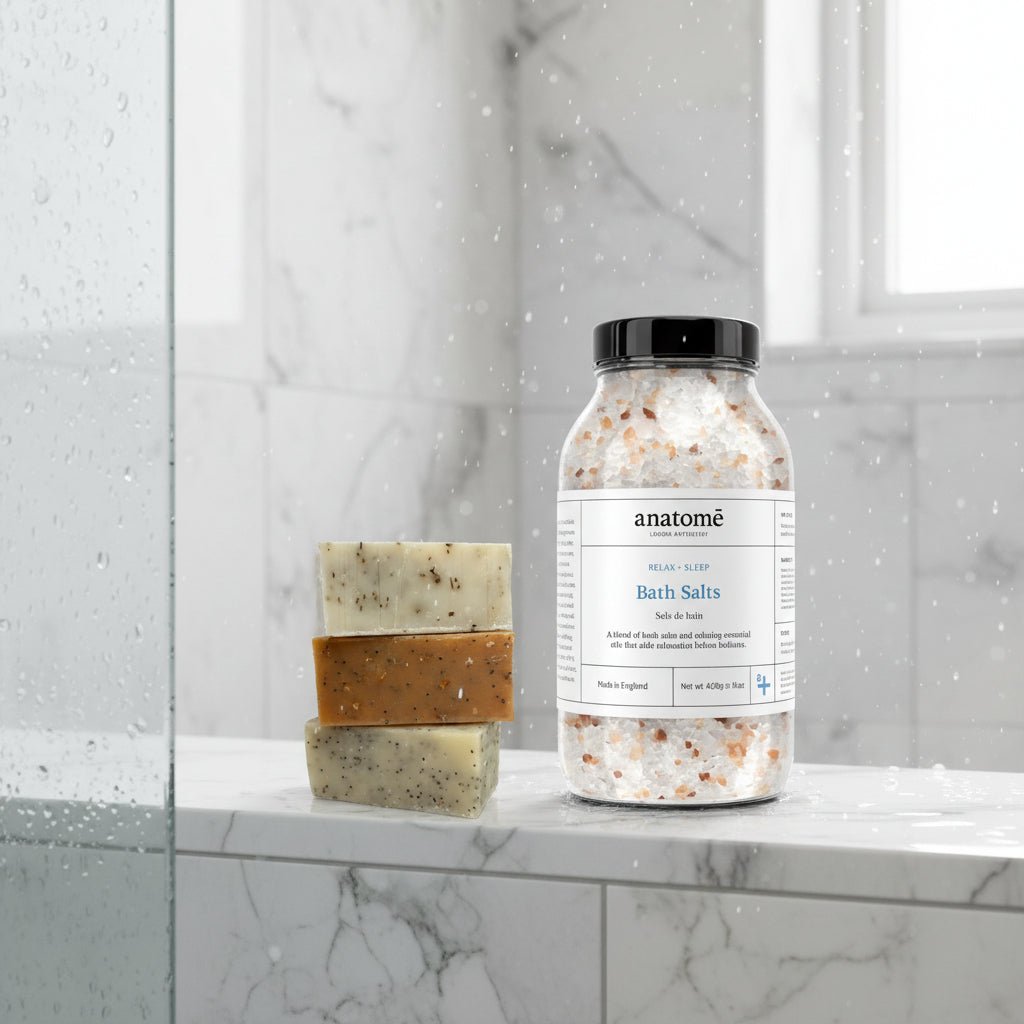
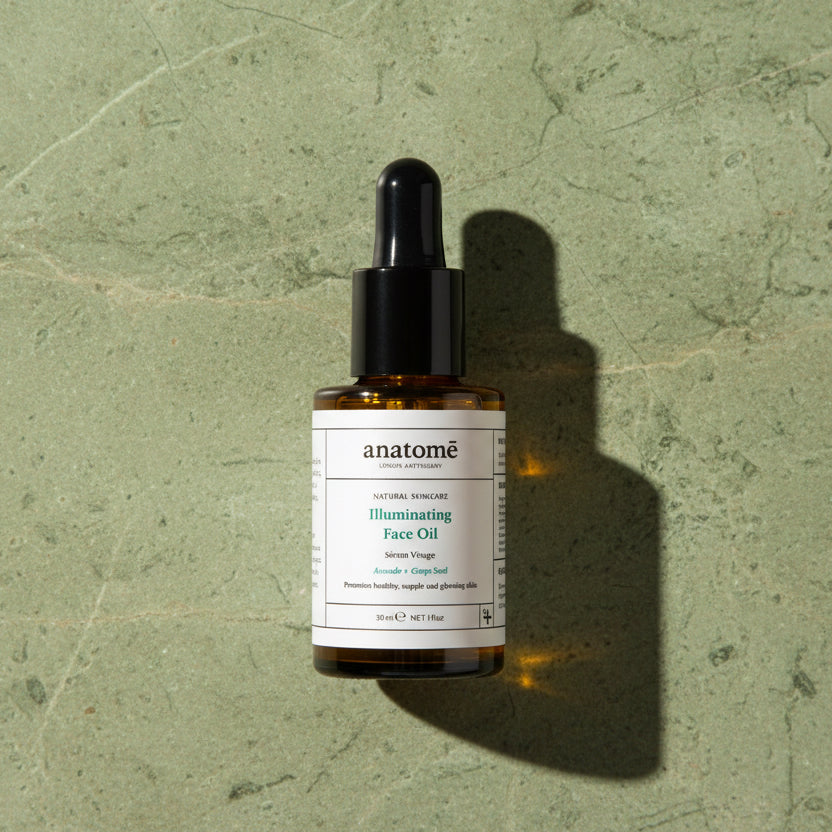
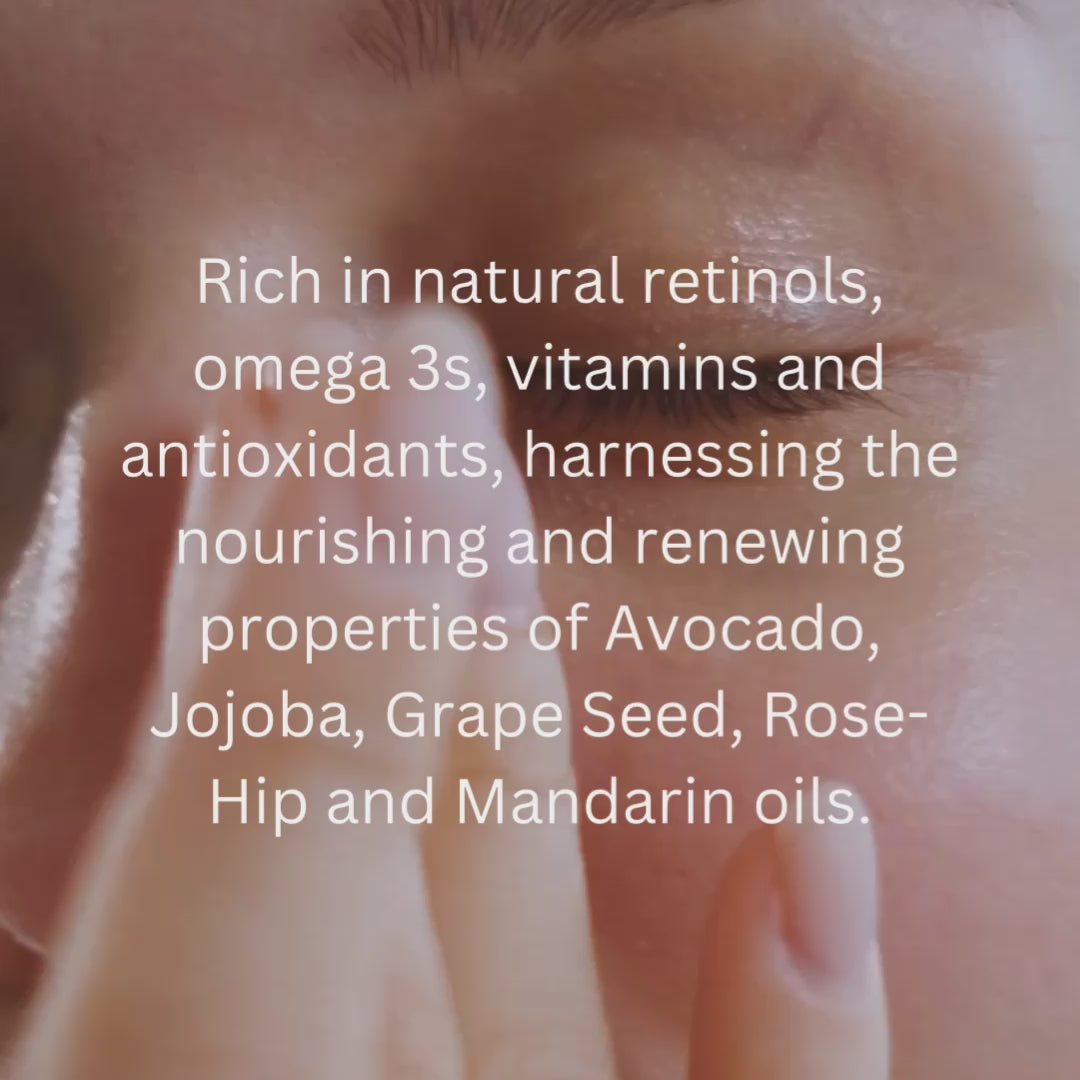
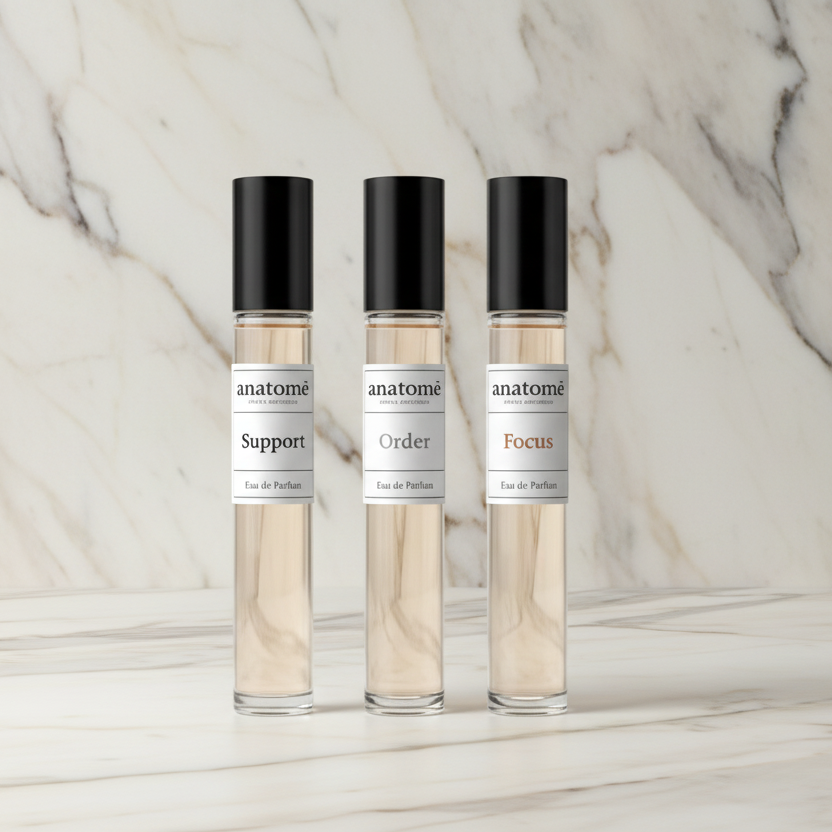





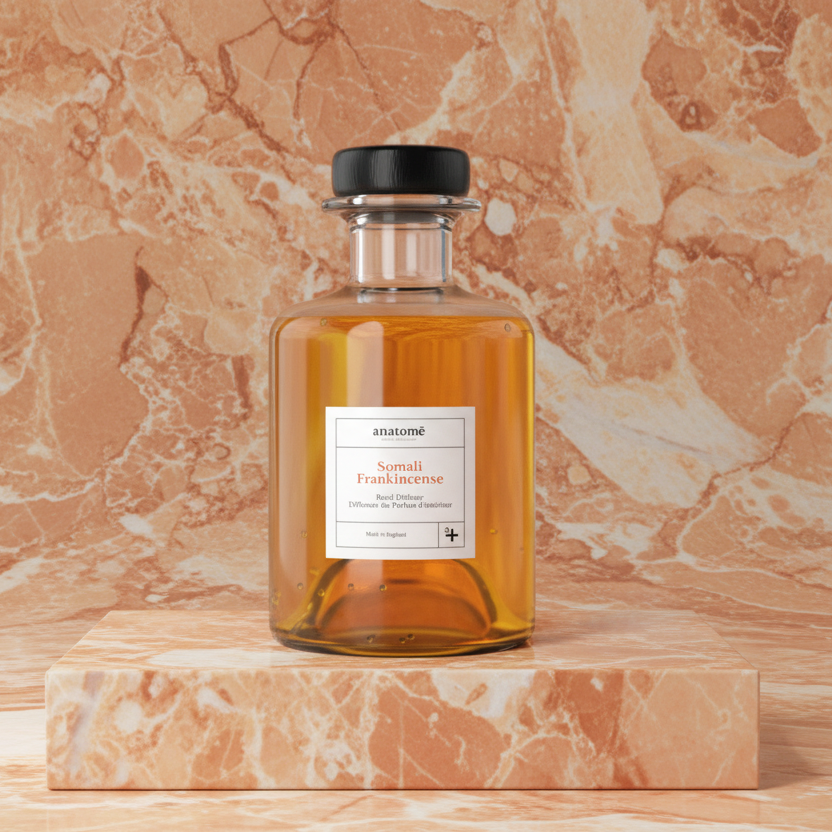

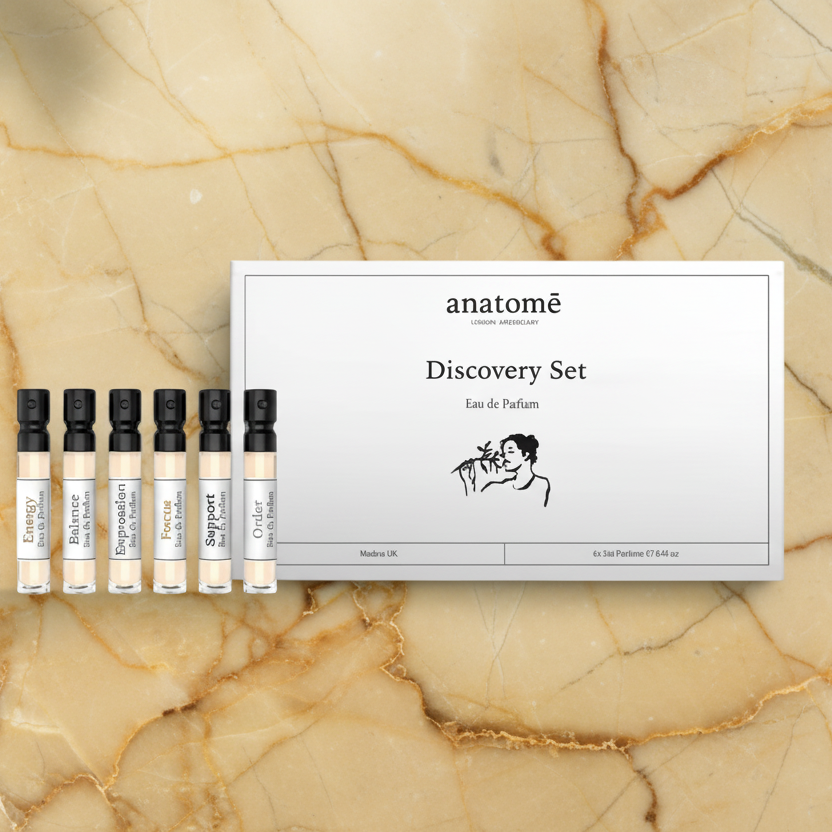
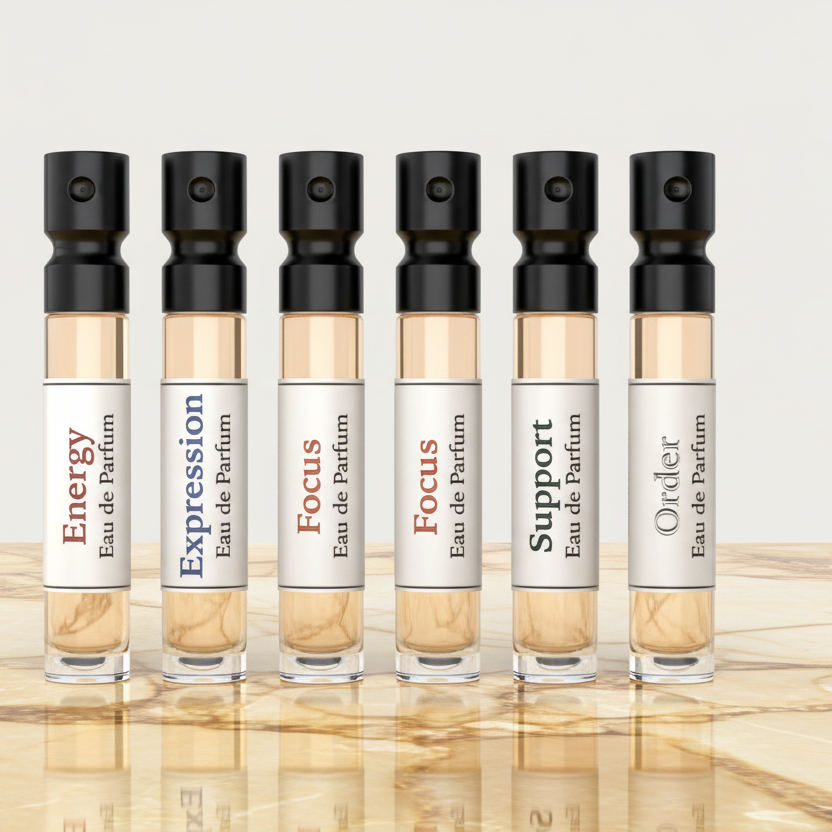



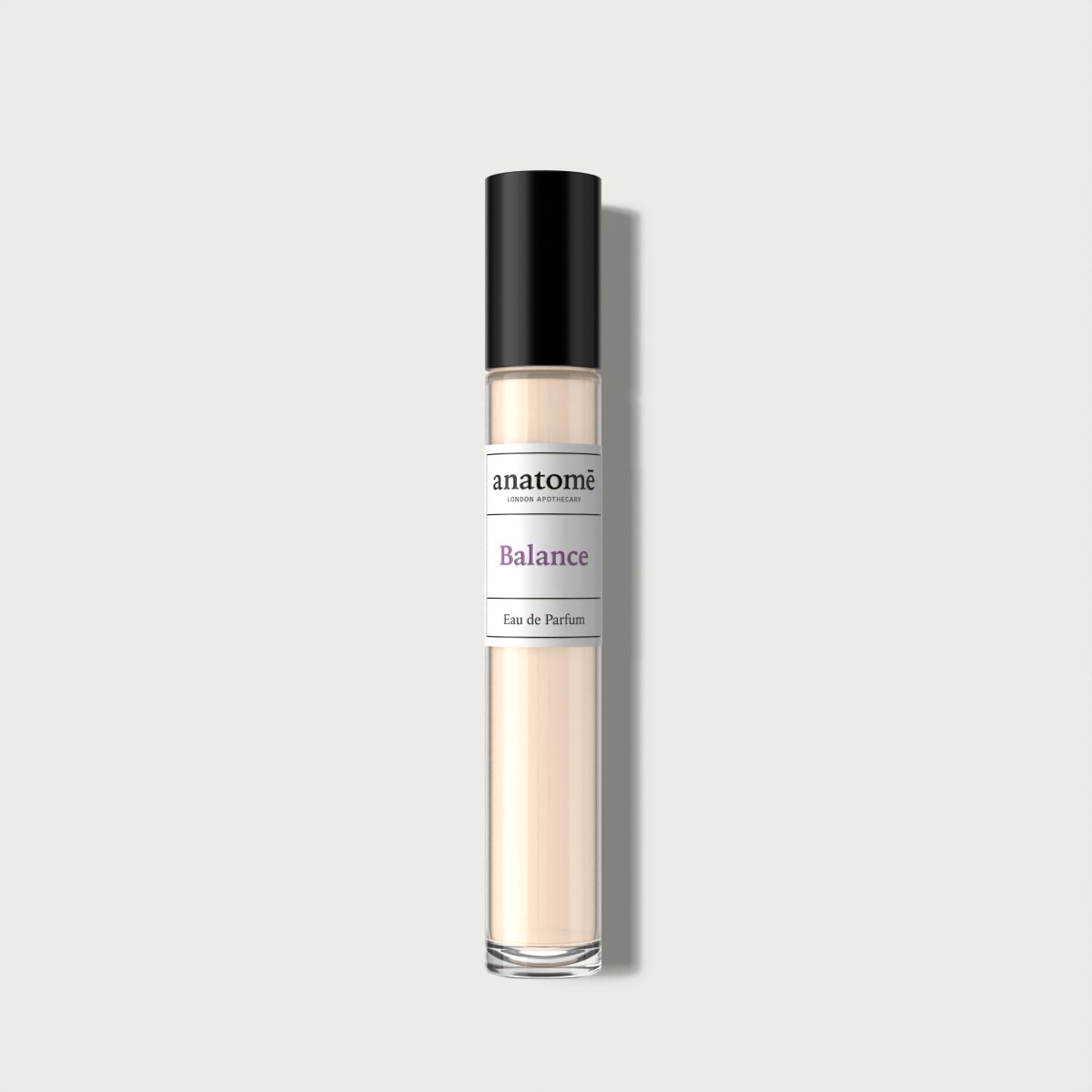














Leave a comment